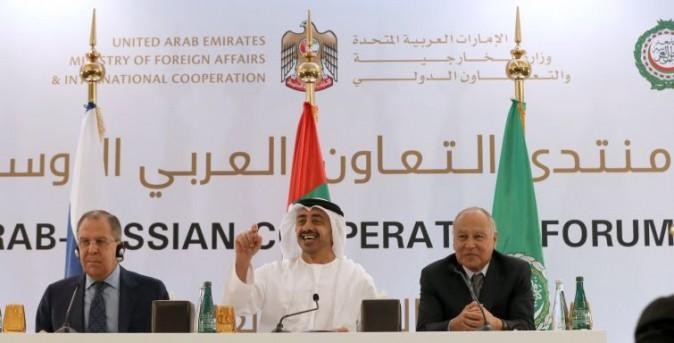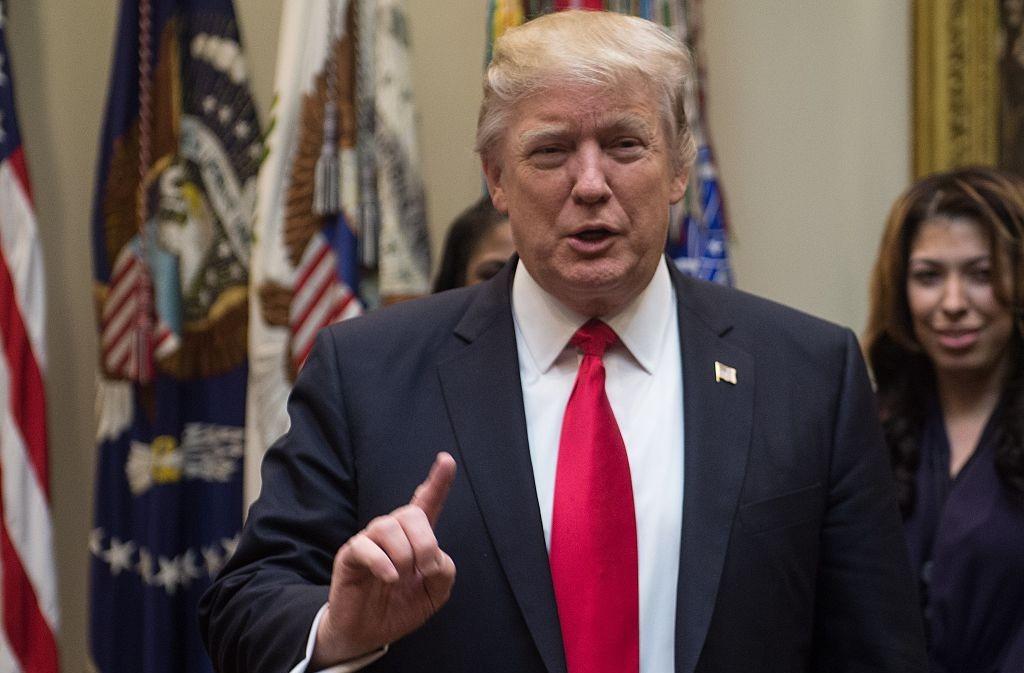The United Arab Emirates’ foreign minister said President Donald Trump’s recent order barring citizens from seven countries to enter the country isn’t Islamophobic and doesn’t target a single religion.
The order, which some media outlets have called a “Muslim ban,” isn’t actually that, Sheikh Abdullah bin Zayed Al Nahyan told Al Jazeera TV.
“The United States has taken a decision that is within the American sovereign decision,” he said in Abu Dhabi, the Muslim-majority country’s capital.
“There are attempts to give the impression that this decision is directed against a particular religion, but what proves this talk to be incorrect first is what the US administration itself says ... that this decision is not directed at a certain religion,” he told the Qatari-backed broadcaster.
Trump signed the order last Friday, which bars nations from Iran, Iraq, Libya, Somalia, Sudan, Syria, and Yemen for 90 days. It also bars refugees from entering the country for 120 days.
The foreign minister said that those seven countries face “challenges” that they need to address first.






